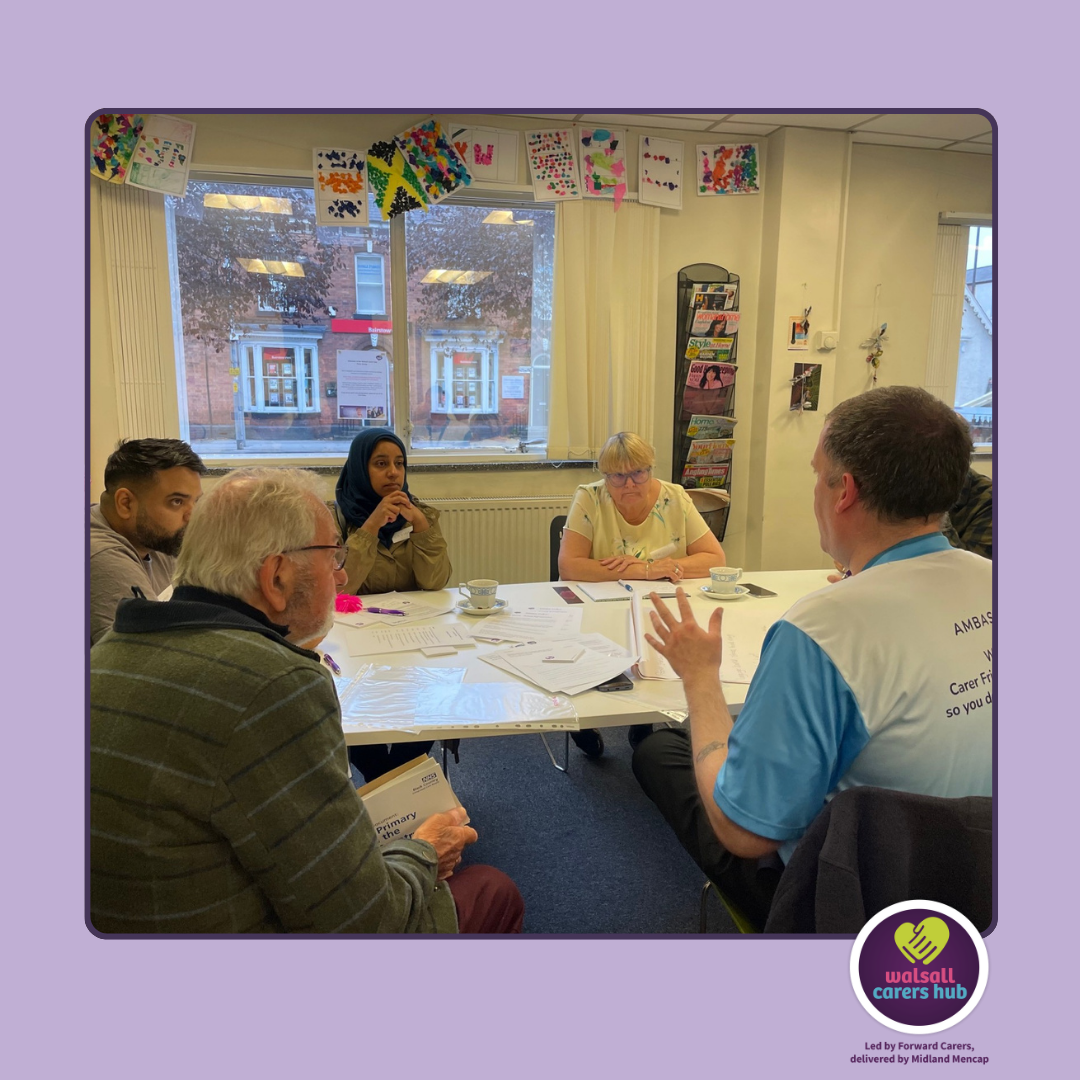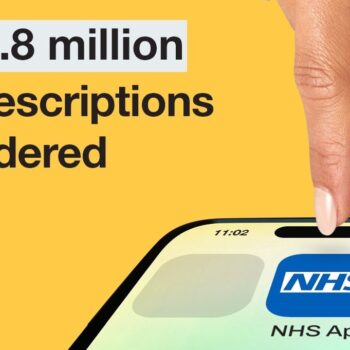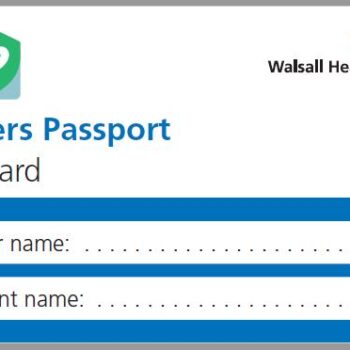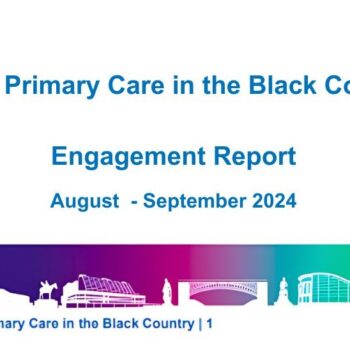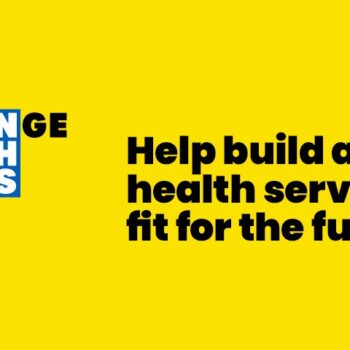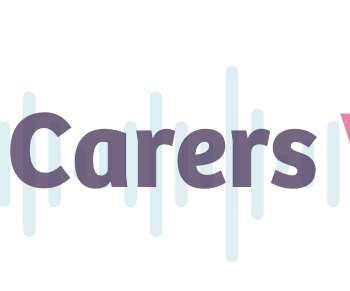What do Carers think about Primary Care Services in Walsall?
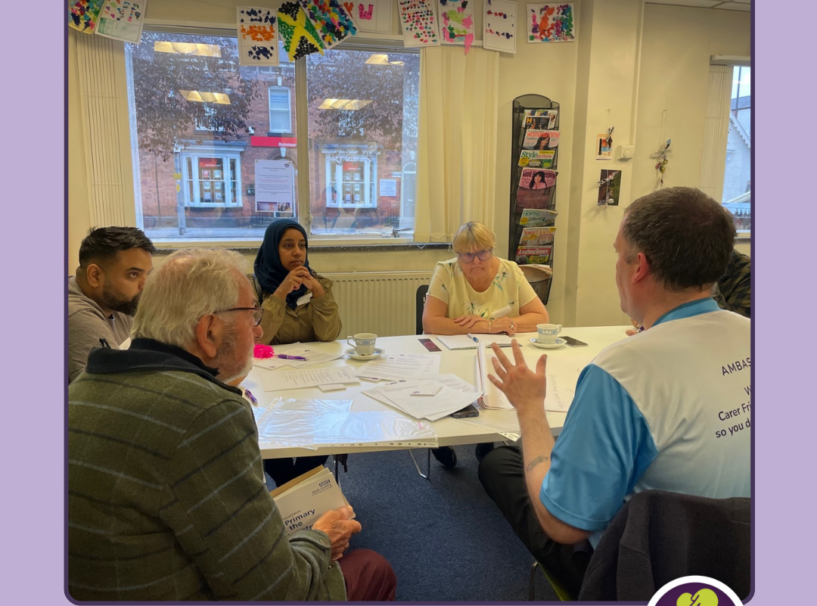
On 18 September, unpaid Carers in Walsall shared their experiences of primary care services in the Black Country.
Carers were asked questions set by the Black Country Integrated Care Board to gather unpaid Carers feedback on their experience of primary care with a focus on Carers experience with GPs and pharmacists. Here are the Questions that were asked:
- Thinking about the last twelve months, what has your experience of accessing or getting an appointment with primary care services been like? Have you had any issues?
- Thinking about when you go to your appointment or speak to someone at your GP, or local pharmacy – what is your experience like? Do you face any issues?
- What do you think primary care services could do differently to help overcome these issues?
- When thinking about primary care services, what is most important to you?
- What more could primary care services be doing to support you with simple leisure and lifestyle adjustments that help you to remain healthier, happier and more independent for longer?
Here is a summary of the responses to question 1
Over the past year, Carers have found it challenging to get primary care appointments. Many face long waits on the phone, limited availability, and sometimes feel uncomfortable discussing private health concerns with reception staff. Calling very early often feels necessary, but even then, getting a consistent GP can be tough. While tools like the NHS app work for some, others experience issues with failed bookings. Pharmacists are generally helpful, especially with organising medications, though privacy in pharmacies can be a concern too. Despite being registered as Carers, many still struggle to get quicker access, raising concerns about future care.
Here is a summary of the responses to question 2
Many Carers have mixed experiences with appointments with their GP and face challenges getting the support they need. Some feel rushed and unable to discuss more than one issue at an appointment. It’s also difficult for those who don’t see the same GP regularly, as this affects building trust. Some Carers feel uncomfortable sharing personal information with reception staff, preferring to discuss it directly with their GP. They often aren’t asked about their role as a Carer or referred to support groups, and few get help with managing prescription costs. Communication issues between GPs and pharmacists can also mean that Carers end up having to manage the back-and-forth themselves.
Here is a summary of the responses to question 3
Carers identified several areas for improvement in primary care, including increased home visits, better signposting to support services, and more flexibility with appointment times (evenings, weekends). They suggested on-site pharmacists for medication reviews, improved communication between GPs and hospitals, and better prescription coordination. Carers also called for more GP availability, double appointments, and enhanced receptionist training to provide accurate information. Concerns were raised about reduced home visits since COVID and a lack of support for Parent Carers. Overall, Carers emphasized the need for a more responsive, flexible, and coordinated healthcare system.
Here is a summary of the responses to question 4
Carers’ main priorities in primary care focus on consistency and ease of access. Many value seeing the same GP to avoid repeatedly explaining their situation, and they prefer accessible, timely appointments. Home visits are important, especially for future planning, and having a choice of hospitals is a valued option. Pharmacy services are also key, with Carers emphasising the need for respectful, reliable treatment and access to services like blood pressure checks. Additionally, Carers appreciate a friendly, supportive GP staff and clear, up-to-date information on available Carer support.
Here is a summary of the responses to question 5
Carers suggested a few ways primary care could better support health and well-being. These include offering a carers passport for free gym access and blood pressure checks, promoting services like Talking Therapies and social prescribers, and setting up more activity groups like walking or swimming. There’s also a request for prescription deliveries when the doctor’s office is closed and more discounts or support for gym memberships. Some Carers are already benefiting from things like weight loss programs, blood pressure checks at pharmacies, and transport to appointments.
The full report provides more details and quotes from Carers.
You can also read Carers feedback about the actual event.
